Why Documentation and Compliance Go Hand in Hand
OB/GYN documentation is among the most detailed in healthcare—covering sensitive areas like reproductive history, prenatal care, hormonal management, and surgical procedures.
Every note must be accurate, complete, and compliant with strict privacy regulations under HIPAA.
Yet traditional documentation methods are slow and error-prone. Manual entry increases the risk of missed details, inconsistent coding, or even security breaches when data is handled outside protected systems.
AI has become a game-changer—offering automation that accelerates documentation while reinforcing HIPAA compliance rather than compromising it.
The Compliance Challenge in Women’s Health
Women’s health practices face unique data security and privacy demands:
- Sensitive reproductive and sexual health information
- Frequent sharing of patient data with labs, imaging centers, and payers
- Complex record-keeping across prenatal, fertility, and gynecologic services
Maintaining HIPAA compliance means ensuring every digital workflow—from transcription to storage—is secure, encrypted, and trackable.
AI documentation tools that fail to meet these standards can expose clinics to major liability.
What Makes an AI Solution HIPAA-Compliant
Not all AI tools in healthcare are created equal.
To qualify as HIPAA-compliant, an AI documentation platform must have:
- End-to-End Encryption: All data in transit and at rest must be encrypted using industry standards (TLS, AES-256).
- Access Controls: Only authorized users should access PHI (Protected Health Information).
- Audit Trails: Every document creation, edit, and access must be logged.
- Business Associate Agreement (BAA): The vendor must sign a BAA, confirming shared responsibility for HIPAA compliance.
- Secure Cloud Infrastructure: Data must be stored in a compliant environment, such as AWS or Google Cloud HIPAA-certified servers.
These features ensure that AI enhances—not endangers—data security.
How AI Improves Documentation Accuracy and Efficiency
Beyond compliance, AI transforms how OB/GYN providers document care.
Here’s what it can do:
- Automatic Note Generation: Creates structured notes from provider dictation or transcripts.
- Smart Templates: Uses OB/GYN-specific frameworks for prenatal, procedural, and postpartum visits.
- Real-Time Coding Suggestions: Ensures accurate CPT and ICD-10 usage.
- Context Awareness: Understands specialty terminology and visit flow.
- Error Detection: Flags incomplete or inconsistent entries.
This saves time while ensuring every note meets both clinical and legal documentation standards.
Why OB/GYN Needs Specialty-Trained AI
Generic dictation tools can’t capture the complexity of women’s health.
AI trained on OB/GYN terminology understands key details such as:
- Gravida and parity counts
- Trimester milestones
- Contraceptive device types
- Surgical procedure notes
- Fertility cycle tracking
That level of understanding minimizes rework, improves documentation quality, and supports billing accuracy—all without sacrificing privacy.
How Honey Health Delivers Secure, Compliant Documentation
Honey Health’s AI documentation platform is fully HIPAA-compliant and SOC 2 Type II certified, providing unmatched security for women’s health data.
With Honey Health, OB/GYN teams can:
- Automate note preparation safely within their existing EHR.
- Transcribe and summarize visits without exporting PHI externally.
- Maintain complete audit trails for all user activity.
- Store all data in HIPAA-certified cloud environments.
- Operate with full encryption and multi-layer access control.
Honey Health’s AI combines compliance with convenience—giving providers speed, security, and accuracy in a single platform.
Documentation That’s Fast, Accurate, and Compliant
In women’s health, compliance isn’t optional—it’s essential.
AI can only be trusted when it’s built for healthcare-grade privacy and transparency.
With Honey Health, clinics don’t have to choose between efficiency and compliance. They can have both—through automation that protects every record, streamlines every note, and upholds the trust patients place in their care.

.avif)
